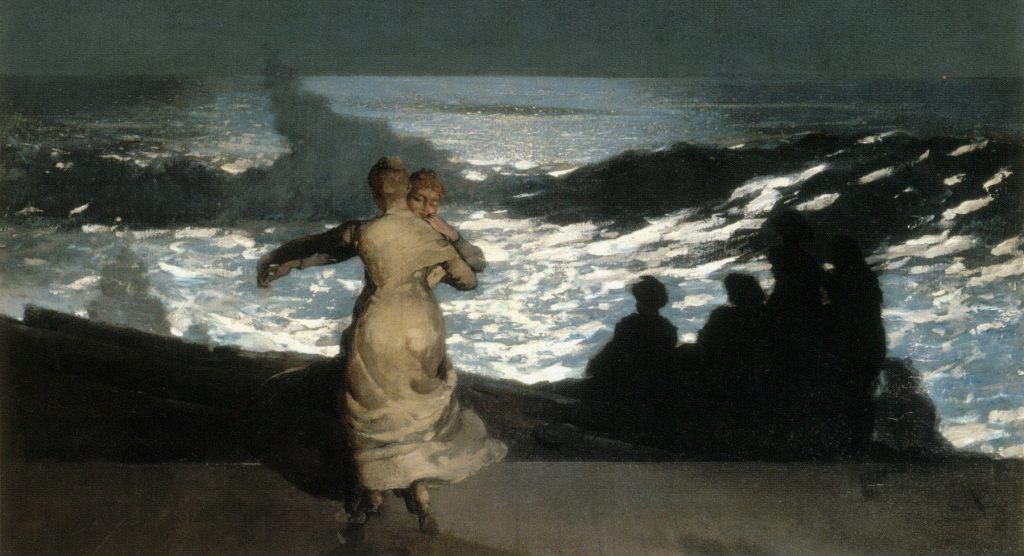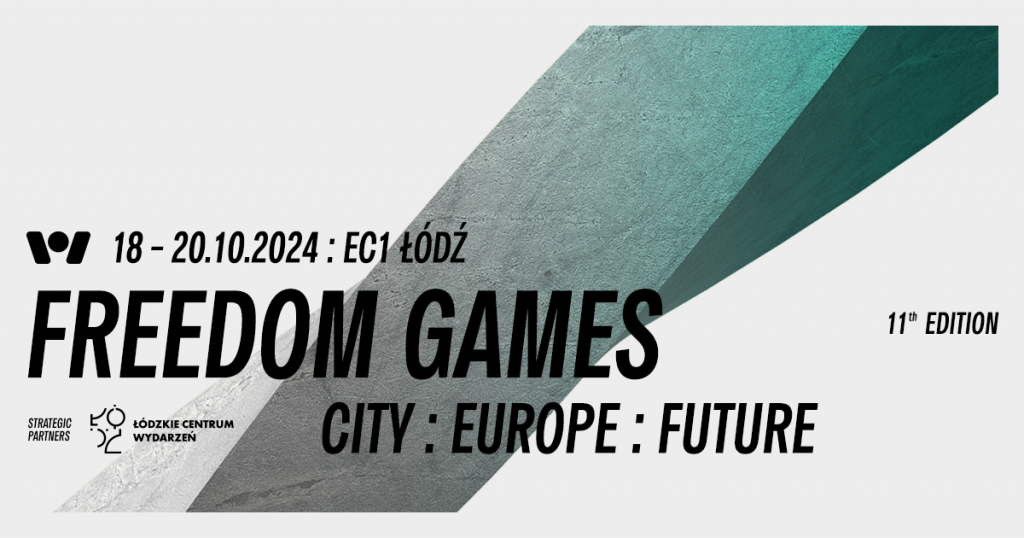![Regulations Are Capping Our Freedoms [4liberty.eu Newsletter] Regulations Are Capping Our Freedoms [4liberty.eu Newsletter]](https://4liberty.eu/phidroav/2020/05/Cornelis_Norbertus_Gysbrechts_005.jpg)
Regulations Are Capping Our Freedoms [4liberty.eu Newsletter]
BY
4liberty.eu / August 1, 2024
The July issue of the 4liberty.eu Newsletter provides an overview of the articles published on the 4liberty.eu website, serving as a starting point for further exploration.











![European Culture: Between the Past and the Future with Isabelle Schwarz [PODCAST] European Culture: Between the Past and the Future with Isabelle Schwarz [PODCAST]](https://4liberty.eu/phidroav/2024/07/Episode-202-1469x800-1-1024x561.png)